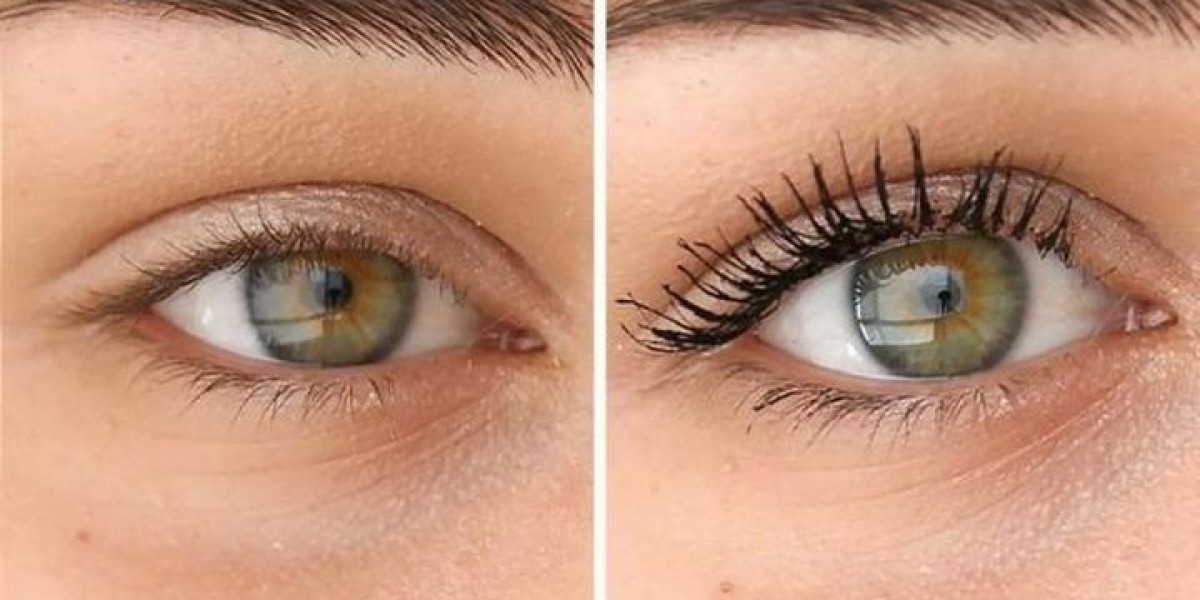
Quick Door Repairs: A Comprehensive Guide
Doors are an essential part of any home, serving both functional and aesthetic functions. Over time, however, they can become used, damaged, or inefficient, causing a variety of issues from drafts to security issues. Luckily, numerous door repairs can be managed quickly and effectively with the right tools and strategies. This guide offers a comprehensive overview of common door problems and how to address them, guaranteeing your doors stay in top condition.
Typical Door Issues
- Sticking or Binding Doors
- Loose Hinges
- Damaged Locks
- Gaps and Drafts
- Broken Panels or Glass
- Used Weatherstripping
Tools and Materials Needed
- Screwdriver (flathead and Phillips)
- Hammer
- Wood chisel
- Wood filler
- Sandpaper
- Paint or stain
- Weatherstripping
- Replacement hinges
- Lock repair package
- Glass repair set
- Silicone sealant
Sticking or Binding Doors
Causes:

- Warping due to humidity
- Misaligned hinges
- Swollen wood
Solutions:
Adjust Hinges:
- Loosen the hinge screws slightly.
- Tap the composite door specialist into location with a rubber mallet.
- Tighten the screws once again.
Sand the Edges:
- Identify the sticking location.
- Lightly sand the edges with fine-grit sandpaper.
- Wipe off the dust and test the door.
Oil the Hinges:
- Apply a silicone-based lubricant to the hinges.
- Open and close the door a number of times to operate in the lubricant.
Loose Hinges
Causes:
- Overuse
- Poor setup
- Loose screws
Solutions:
Tighten the Screws:
- Use a screwdriver to tighten all hinge screws.
- If the screws are stripped, remove them and fill the holes with wood filler or a wooden matchstick.
- Reinsert the screws and tighten.
Replace the Hinges:
- If the hinges are significantly damaged, change them with new ones.
- Make sure the brand-new hinges match the existing ones in size and finish.
Damaged Locks
Causes:
- Wear and tear
- Required entry
- Deterioration
Solutions:
Lubricate the Lock:
- Use a graphite or silicone-based lubricant to maximize the mechanism.
- Place the key and turn it a number of times to distribute the lubricant.
Replace the Lock:
- If the lock is beyond repair, replace it with a brand-new one.
- Follow the maker's directions for setup.
Gaps and Drafts
Causes:
- Worn weatherstripping
- Misaligned door frame
- Loose hinges
Solutions:
Replace Weatherstripping:
- Remove the old weatherstripping.
- Measure and cut the brand-new weatherstripping to fit.
- Install the new weatherstripping, guaranteeing it is tight and secure.
Adjust the Frame:
- Check for spaces around the frame.
- Usage shims to adjust the frame and guarantee a correct seal.
Seal Gaps:
- Apply silicone sealant to any spaces around the door frame.
- Smooth the sealant with a putty knife and allow it to dry.
Broken Panels or Glass
Causes:
- Accidental damage
- Vandalism
- Old and breakable materials
Solutions:
Replace the Panel:
- Remove the damaged panel.
- Procedure and cut a new panel to fit.
- Set up the brand-new panel and secure it with appropriate fasteners.
Repair or Replace Glass:
- Remove the broken glass carefully.
- Procedure and cut a brand-new piece of glass to fit.
- Install the new glass and secure it with glazing points and putty.
Used Weatherstripping
Causes:
- Age
- Sun exposure
- Weather
Solutions:
Inspect Regularly:
- Check the weatherstripping for signs of wear.
- Replace it as required to keep an airtight seal.
Choose Quality Materials:
- Invest in top quality weatherstripping that can stand up to the elements.
- Think about products like silicone or EPDM rubber for sturdiness.
Frequently asked questions
Q: How often should I examine my door hinges?A: It's a good idea to examine your door hinges a minimum of when a year, particularly if you reside in a damp or seaside location. Routine examinations can assist you capture issues early and avoid more comprehensive damage.
Q: Can I repair a sticking composite door repair service without eliminating it?A: Yes, oftentimes, you can change the hinges or sand the edges without getting rid of the composite door repair process. Nevertheless, if the door is badly warped or damaged, you may need to remove it for a more extensive repair.
Q: What type of lube is best for door locks?A: A silicone-based lubricant is normally the very best option for door locks. It offers a smooth, long-lasting service without attracting dirt or gunk.
Q: How can I avoid spaces and drafts around my doors?A: Regularly check and replace worn weatherstripping, make sure the composite door repair tools frame is appropriately aligned, and utilize silicone sealant to fill any spaces. Additionally, keeping the door and frame well-kept can assist avoid issues from establishing.
Q: What should I do if my door lock is jammed?A: First, attempt oiling the lock with a silicone-based lubricant. If that does not work, you may require to take apart the lock to clean and repair the system. If you're not comfortable doing this yourself, think about calling a professional locksmith.
Maintaining and fixing your doors is necessary for both the performance and looks of your home. By attending to common issues like sticking doors, loose hinges, and damaged locks, you can ensure your doors remain in leading condition. Routine maintenance and timely repairs can extend the life of your doors and conserve you cash in the long run. With the right tools and techniques, many Composite flush door repair repairs can be handled quickly and effectively, keeping your home secure and comfy.
By following the steps detailed in this guide, you can tackle a range of composite back door repair issues and keep your home looking its finest. Whether you're a DIY lover or a homeowner looking for useful options, these suggestions and techniques will help you preserve your doors with confidence.







